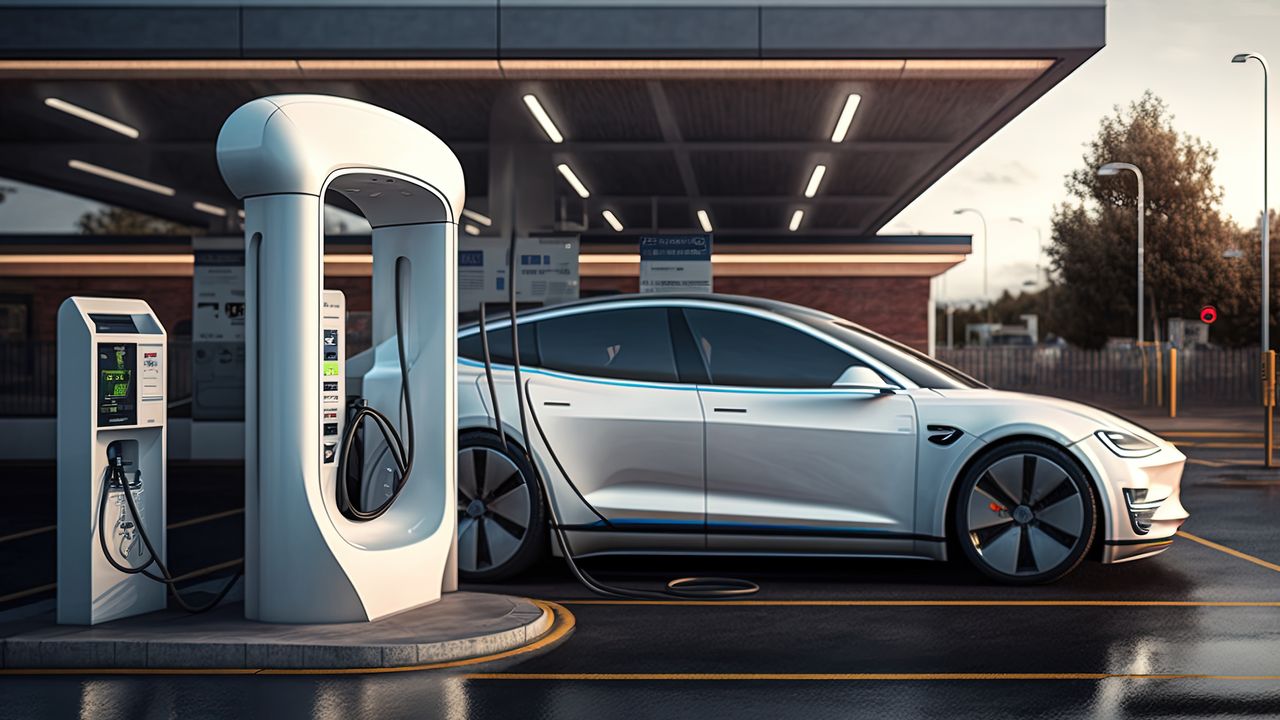EV Charging Station Scheduling: How Smart Contracts and Load Forecasting Can Help
Electric vehicles (EVs) are becoming increasingly popular, and as a result, the demand for EV charging stations is on the rise. However, as more and more EVs hit the road, there is a growing concern about the ability of the existing charging infrastructure to meet the demand. One of the key challenges in this regard is scheduling charging sessions at the charging stations. In this blog post, we will explore how smart contracts and load forecasting can help address this challenge.
Charging Station Scheduling Smart Contracts
Smart contracts are self-executing contracts with the terms of the agreement between buyer and seller being directly written into lines of code. These contracts can be used to automate the process of scheduling charging sessions at the charging stations. By using smart contracts, the charging station operator can ensure that the charging sessions are scheduled in a fair and transparent manner.
For example, the smart contract can be programmed to allocate charging slots based on the availability of the charging station and the priority of the EV owner. The priority can be determined based on factors such as the distance the EV has traveled, the battery level, and the urgency of the charging requirement. The smart contract can also be designed to handle payments automatically, ensuring that the charging session is paid for without any manual intervention.
Charging Station Scheduling Load Forecasting
Load forecasting is the process of predicting the demand for electricity at a particular time and location. In the context of EV charging stations, load forecasting can be used to predict the demand for charging sessions at different times of the day. By using load forecasting, the charging station operator can optimize the use of the charging infrastructure and ensure that there is no congestion or overloading of the system.
For example, if the load forecasting predicts that there will be a peak in demand for charging sessions during a particular time of the day, the charging station operator can take proactive measures to ensure that the charging infrastructure is ready to handle the demand. This can include increasing the number of charging stations, deploying additional staff to manage the charging sessions, or even incentivizing EV owners to schedule their charging sessions during off-peak hours.
Charging Station Peak Hours
Peak hours are the times of the day when the demand for electricity is at its highest. In the context of EV charging stations, peak hours are the times when the demand for charging sessions is the highest. Peak hours can vary depending on the location and the day of the week. For example, peak hours in a residential area may be early in the morning and late in the evening, while peak hours in a commercial area may be during the day.
By understanding the peak hours for charging sessions, the charging station operator can optimize the use of the charging infrastructure and ensure that there is no congestion or overloading of the system. This can be achieved by incentivizing EV owners to schedule their charging sessions during off-peak hours or by deploying additional charging stations during peak hours.
Conclusion
EV charging station scheduling is a complex problem that requires innovative solutions. Smart contracts and load forecasting are two technologies that can help address this challenge. By using smart contracts, the charging station operator can automate the process of scheduling charging sessions and ensure that the process is fair and transparent. Load forecasting can be used to predict the demand for charging sessions and optimize the use of the charging infrastructure. By understanding the peak hours for charging sessions, the charging station operator can take proactive measures to ensure that the charging infrastructure is ready to handle the demand.
